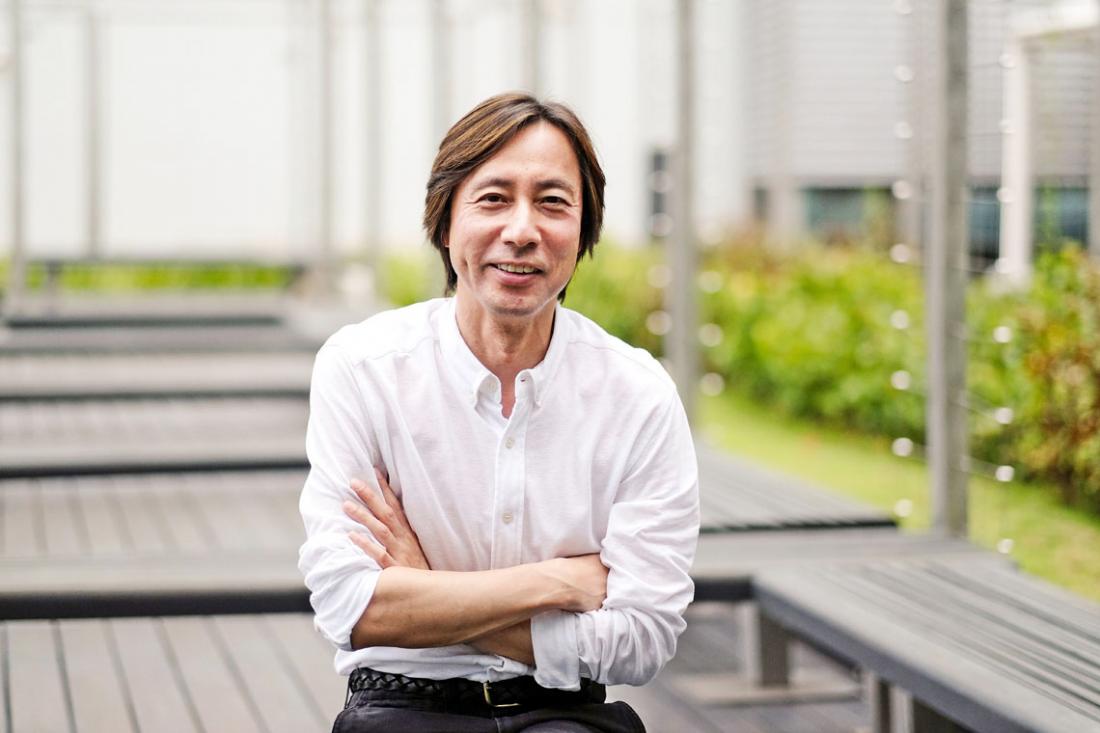Professor Toru Yoshikawa
SMU Office of Research – In September last year, a scandal of Enron-esque proportions hit international headlines. The US Environmental Protection Agency had found that German car manufacturing giant Volkswagen AG was intentionally installing sophisticated software in their diesel vehicles to evade emissions tests.
More concerning, Volkswagen CEO Martin Winterkorn initially opted to blame a handful of “rogue engineers” when he testified before a US congressional committee. The ensuing fallout of this ‘diesel dupe’? Winterkorn resigned; shares fell by about a third since the scandal broke; and now, the carmaker is being sued for €3.3 billion in Germany by institutional investors.
It is when such enormous failures in corporate social responsibility are unceremoniously thrown into the spotlight that we are reminded of the importance of a solid corporate governance framework, says Professor Toru Yoshikawa of the Singapore Management University (SMU) Lee Kong Chian School of Business, who studies corporate governance of listed companies in Asia.
Corporate governance reform in Japan
An interesting observation Professor Yoshikawa has made is that some companies in the region are starting to embrace an American style of corporate governance, especially after the 1997 financial crisis.
“In the US, the CEO looks out for shareholders’ interests; they care about shareholders, share prices and market value of the company,” he explains. “Also, companies in the US are exposed to heavy market pressure to assure financial returns.”
The professor of strategic management studies this phenomenon, called convergence, where corporate governance styles start looking similar across nations. His findings have been published in a 2009 paper titled “Convergence of Corporate Governance: Critical Review and Future Directions” by the journal Corporate Governance: An International Review.
Japan is a good example of convergence in practice, says Professor Yoshikawa. Since Prime Minister Shinzō Abe’s party came to power in Japan four years ago, he pushed for reform in corporate governance, an area he thought Japan was weak in. Finally, in June 2015, the Tokyo Stock Exchange (TSE) implemented a new corporate governance code which requires at least two independent external directors to sit on a listed company’s board. “This is the first time that Japan is embracing independent boards,” he says.
However, codes like these give rise to a unique hiring problem for Japanese companies, he says. Typically, they appoint professional managers, retired executives, lawyers, accountants and maybe even the odd university professor to the board. But, as Professor Yoshikawa points out, board functions go beyond legal or accounting issues, to providing strategic advice and monitoring of the management.
As such, an ongoing large-scale study of his looks at publicly-listed, family-controlled companies listed on the TSE and how receptive they are to best practices, if these might threaten their controlling power.
“The family owners [want to] retain the control of their own company; therefore, they tend not to embrace best practices that can challenge their position as the controlling owner. That’s happening everywhere, not only in Japan. However, under some circumstances, they do accept best practices if they can get information from trusted individuals, such as board members from other family-owned companies,” Professor Yoshikawa says.
Compliance varies between big and small companies
His findings in Japan are in contrast to Singapore, which he describes as being “far more advanced” in corporate governance strength. In terms of structure and competition, Singapore has the best corporate governance regime in Asia, he believes. For instance, the majority of board members are independent in most of Singapore’s listed companies.
But still, Professor Yoshikawa says there exists a huge gap in corporate governance strength between government-linked corporations (GLCs), such as Singapore Telecommunications Limited, and smaller family-owned companies, which make up 70 to 80 percent of the companies listed on the Singapore Exchange (SGX).
According to him, this discrepancy in compliance is due to a lack of resources. “[Small family-owned company boards] cannot delegate tasks of the committee to other people because they simply don’t have the resources,” he says, adding that large companies have well-established systems in place to carry out compliance responsibilities.
The presence of a controlling owner complicates things further. “In small family-owned companies, family owners are the majority shareholder and also serve as CEO,” he says. “There [should be] different expectations for large companies and small and medium enterprises owned by families. You cannot expect small family-owned companies to be like SingTel or Singapore Airlines.”
The importance of trust
As board members are meant to advise on business strategies and also monitor managerial practices, their relationship with the company CEO is just as important as their qualifications, Professor Yoshikawa argues.
In a 2013 paper “The Effects of CEO Trustworthiness on Directors’ Monitoring and Resource Provision” published in the Journal of Business Ethics, Professor Yoshikawa and colleagues examined how board members’ resource provision and monitoring are affected by their perceptions of the CEO’s trustworthiness.
Their findings revealed that there needs to be a certain level of trust between the CEO and outside directors for the board to function effectively. “Without trust, board members do not get all the information they need, as the CEO may be uncomfortable sharing his innermost thoughts.”
This level of trust only comes with time—one that takes at least a year to develop, according to Professor Yoshikawa. But, as it takes two hands to clap, board members must also be perceived as being committed to the board, or otherwise the CEO will not listen to their opinions.
“I don’t think many studies mention the human side of the CEO-board relationship,” he muses. “Without trust, you won’t tell anything that is important to you to other people, right? Here, it’s the same. After all, [the board is] still a group of humans, and so emotions will play a role.”
By Nurfilzah Rohaidi



